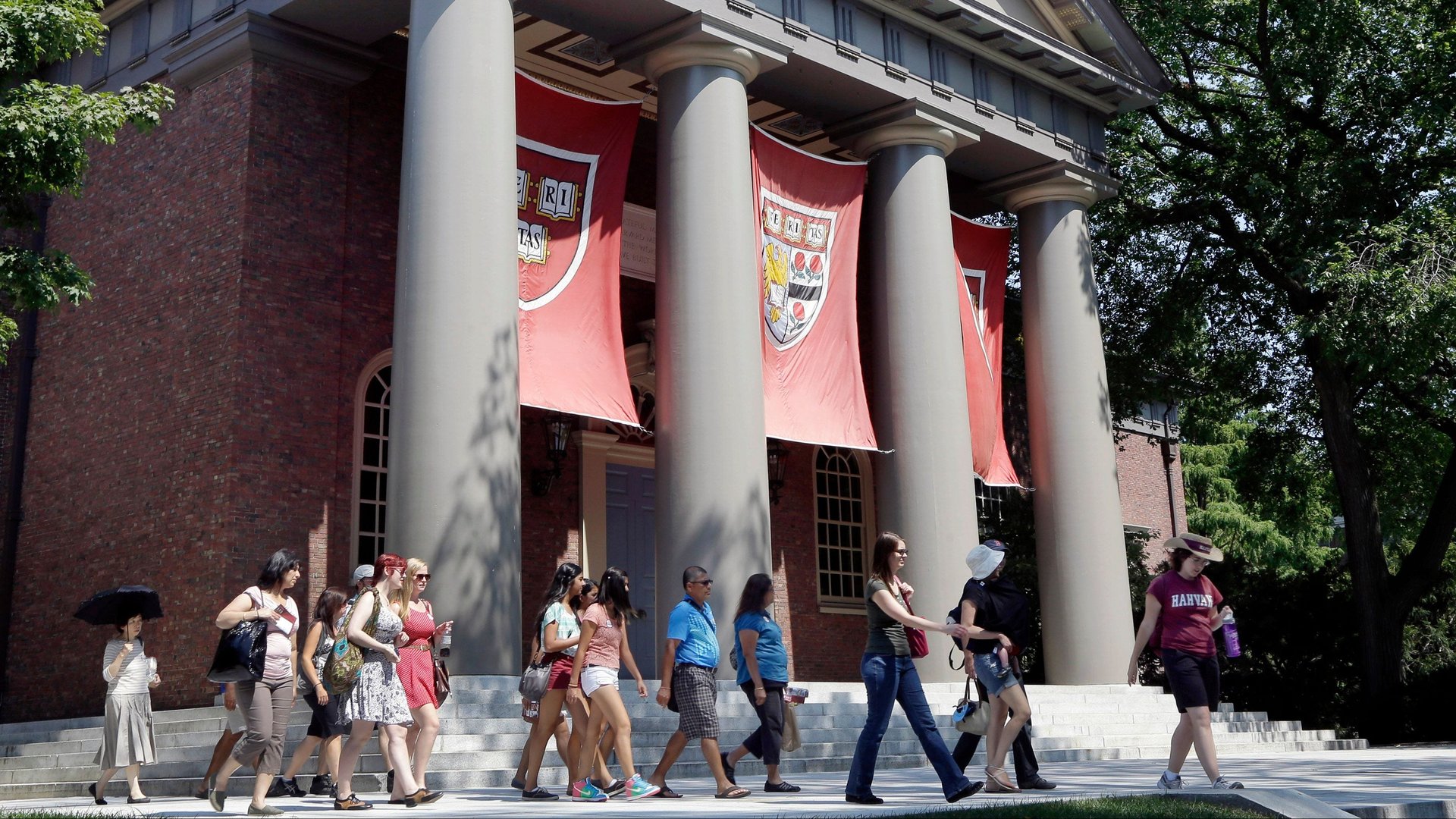MBA applications in the US have fallen for the fourth year in a row
When the job market is strong, it’s harder to leave—especially when you’re paying for the privilege.


When the job market is strong, it’s harder to leave—especially when you’re paying for the privilege.
MBA applications to US business schools are down this year, according to a new survey from the Graduate Management Admission Council. Though this is the fourth year in a row that applications have been on the decline, this year’s report found that even the most elite US business schools—once thought to be immune to the existential threat facing their less prestigious peers—are also feeling the heat.
Since the 2008 recession, the number of young people willing to leave the job market has shrunk. Especially with the unemployment rate in the US at an all-time low, voluntarily leaving a job for an expensive degree that offers little more than prestige is a tall order.
The most foreboding sign for admissions offices might be the decline in international applicants. In the past, business schools have relied on foreign students to fill their seats—and their endowments. (Stanford’s most recent MBA class is over 40% international.) But hurdles to getting US work visas after graduation are incentivizing foreign students who otherwise might have come to the US to look elsewhere.
Business schools have tried to adapt to the changing demands of the economy by offering more courses in emerging fields like data science and supply-chain management, but when a two-year program can set students back tens—if not hundreds—of thousands of dollars in debt, programs are having a harder time convincing students that the cost-benefit analysis is worth it.